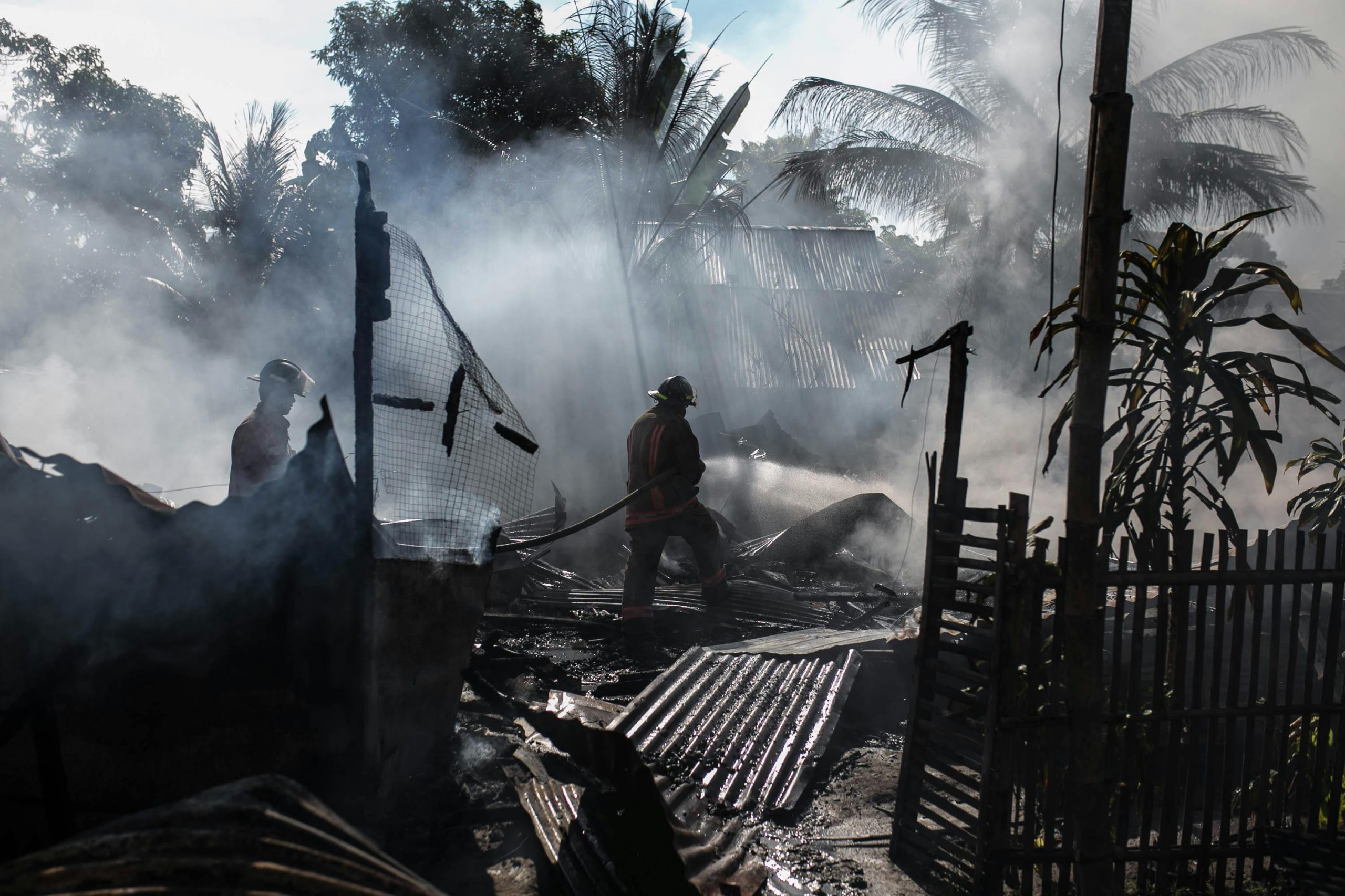What Are Your Options When a Rental Car Accident Isn’t Covered by Insurance?
Experiencing a car accident can be stressful enough, but what happens when the at-fault driver isn’t properly insured? Consider this scenario: You’re involved in a collision where a rental vehicle, driven by someone who was at fault, hits you. Police reports and video evidence leave no doubt about fault, but complications arise when the individual’s insurance doesn’t cover the damages.
In this particular case, the driver’s step-parent had rented the car but failed to add the driver to the insurance policy. The driver was under 25, which often complicates coverage, especially if the rental agreement or policy exclusions apply to younger drivers. While your own insurance coverage covers most of your damages, you’re left with several thousand dollars in out-of-pocket expenses that you’re seeking to recover.
Unfortunately, the rental car company’s insurer refuses to cover the costs because the driver was not listed on the insurance policy. Your own insurer has indicated they’re unable to pursue litigation but will demand reimbursement if the responsible party is identified.
Compounding the challenge, the at-fault party initially attempted to conceal their involvement. They left the scene without exchanging insurance information, failed to notify their insurance company of the accident, and did not report the incident to the rental agency. These actions raise concerns about their willingness—or ability—to fulfill financial obligations.
So, what steps can you take in these circumstances? Should you consider filing a lawsuit against the at-fault driver?
Legal professionals often recommend exploring all avenues for recovery before initiating legal action. This might include:
- Gathering Documentation: Ensure you have comprehensive records, including police reports, video evidence, photographs, and correspondence related to the accident.
- Consulting a Personal Injury Attorney: A legal expert can assess the strength of your case, advise on the likelihood of success, and guide you through potential litigation.
- Investigating Additional Parties: Sometimes, entities like the rental company or the individual’s step-parent might be held liable, especially if there was negligence in rental procedures or policy management.
- Assessing the Costs and Benefits: Litigation can be costly and time-consuming; weighing these factors against the potential recovery is essential.
In conclusion, when faced with uninsured or underinsured drivers after a rental car accident, it’s vital to seek professional legal advice. A qualified attorney can help navigate your options, ensuring you explore all avenues to recover your losses effectively.



